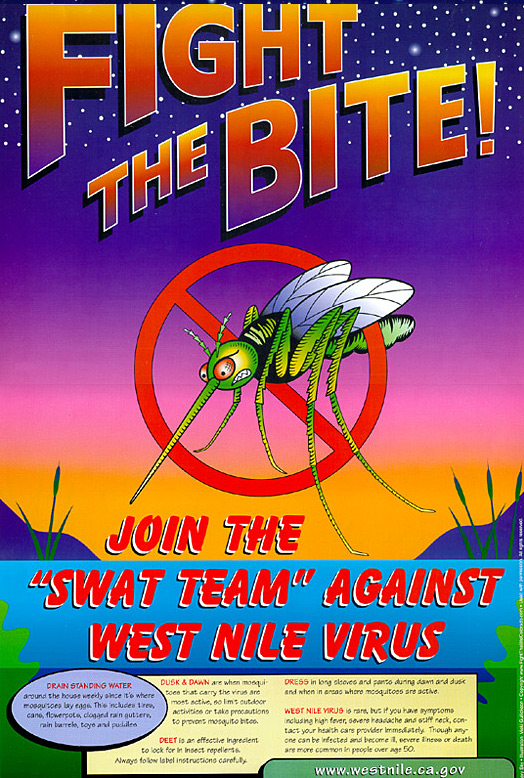 |
| photo by Ghost Dance Photography |
Haven’t
had your horse's teeth floated in the last few years? The month of February
might be the ideal time to remove this item from your to-do list. During the
month of February we are offering a discount of 10% on dental floating
performed at the clinic of San Marcos Equine.
Equine
oral health is an essential part of good horse husbandry. All horses should
have an annual oral exam and typically need dental floating every two to three
years, depending on the individual. Unfortunately, many owners put off dental
floating until they notice a health issue with their horse. Waiting to deal
with a problem is usually more costly in the long run, in addition to causing
your horse unnecessary, prolonged discomfort. An annual oral examination and
regular maintenance dental floating by Dr. Jensen can address problems such as
sharp points (that can cause lacerations of the cheeks and tongue), molar hooks,
abnormal or misaligned teeth, retained deciduous teeth, etc., all of which
can be painful for your horse.
Proper
dental care has its rewards. Your horse will be more comfortable, will utilize
feed more efficiently, and may perform better and may even live longer. Dental
floating has come a long way since the early days of veterinary medicine. With
the use of sedatives and motorized modern dental equipment, the dental floating
process has been shortened and become more efficient.
If
you wish to take advantage of our discounted dental floating month, please
contact our office to schedule your appointment at the clinic of San Marcos Equine. 805-344-2212


